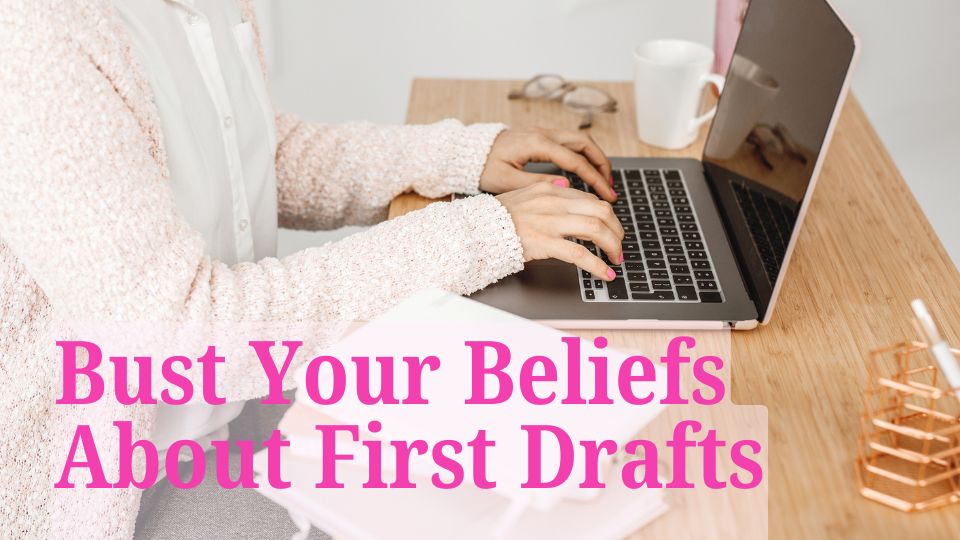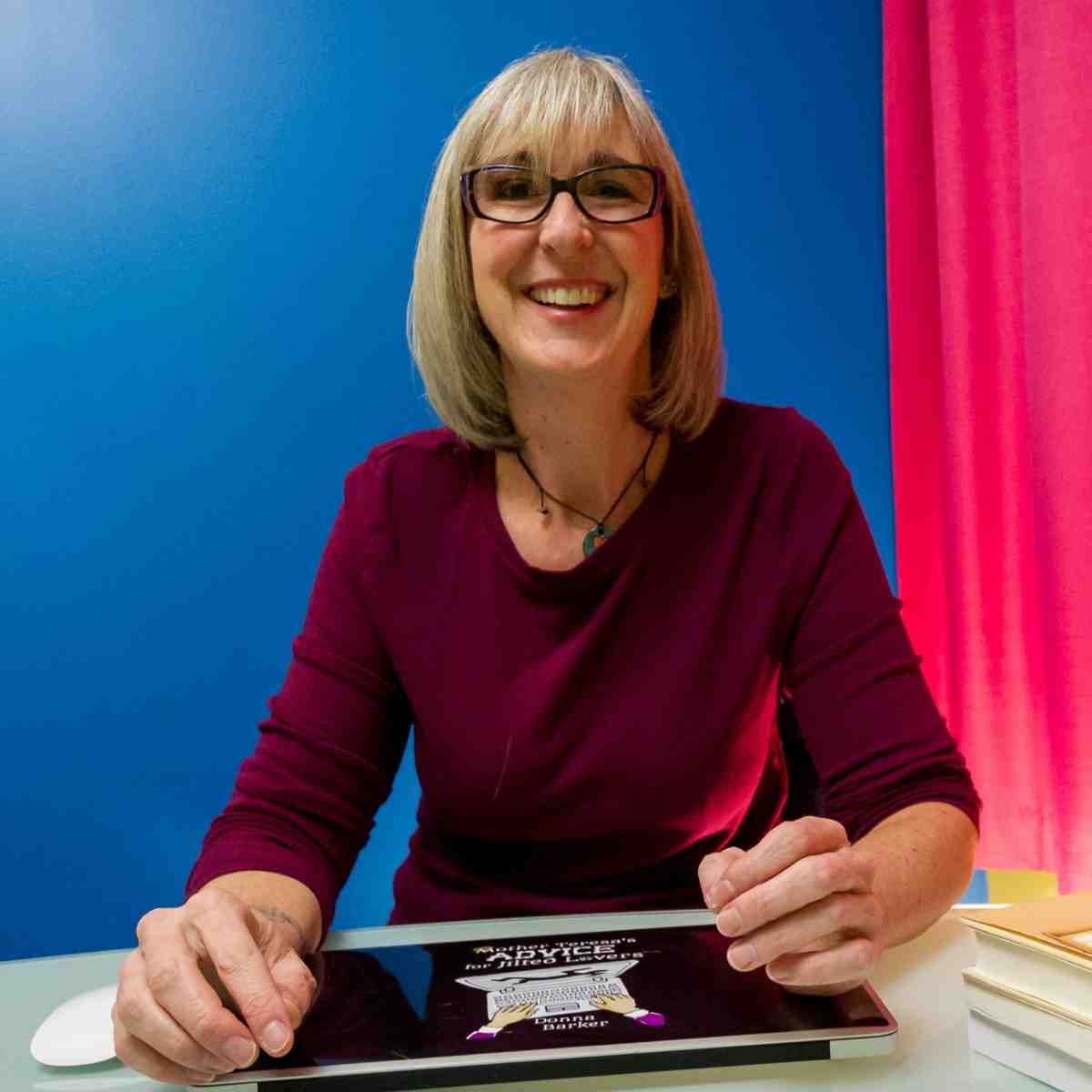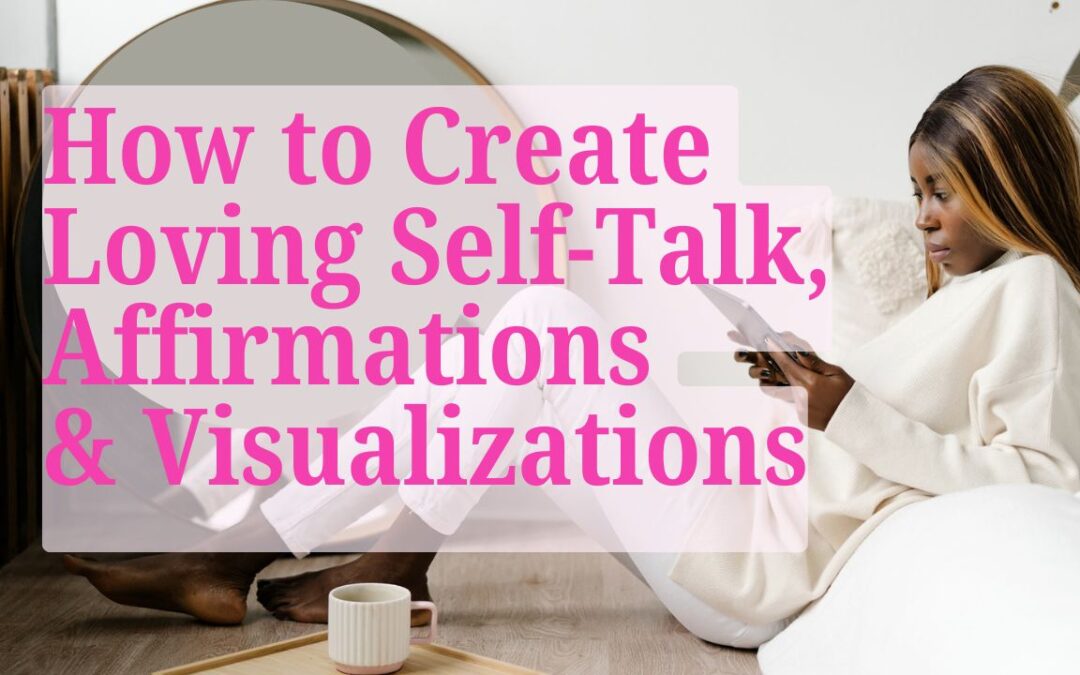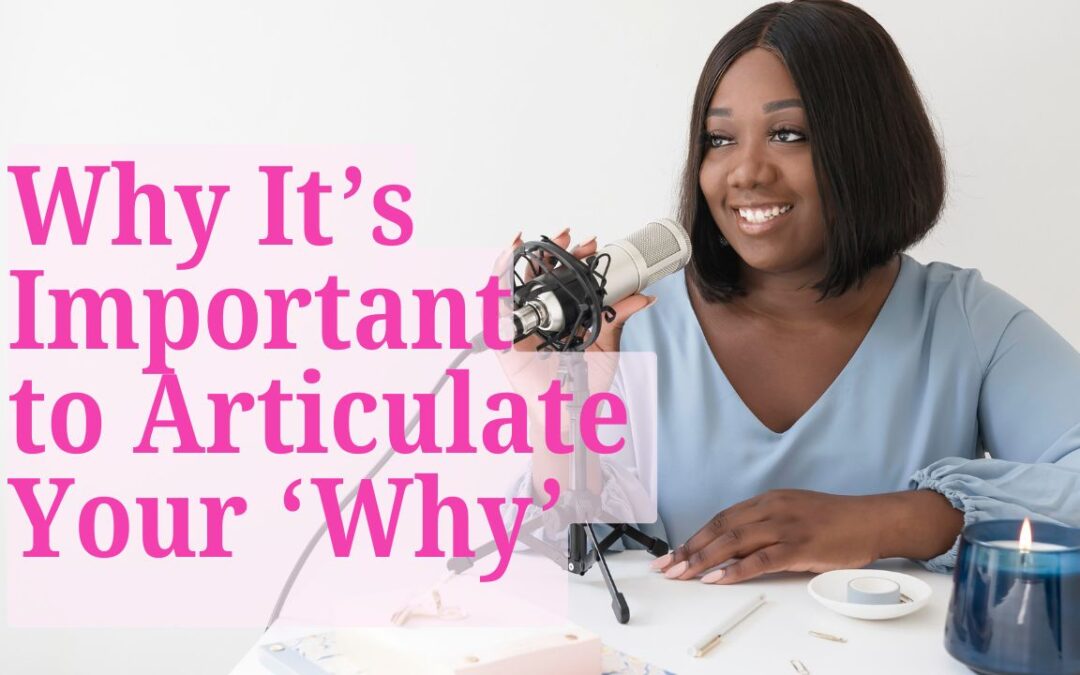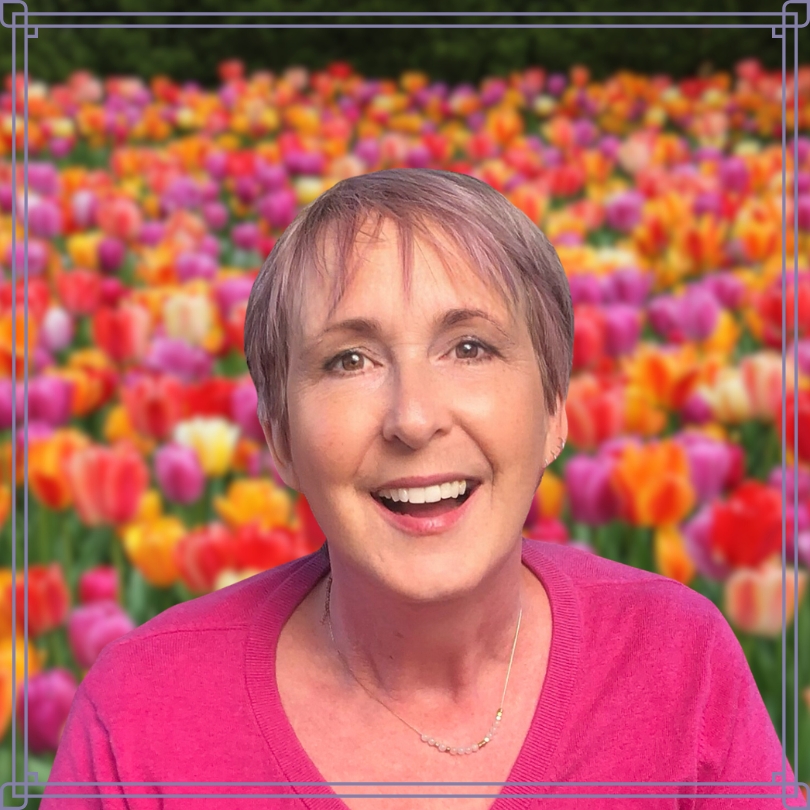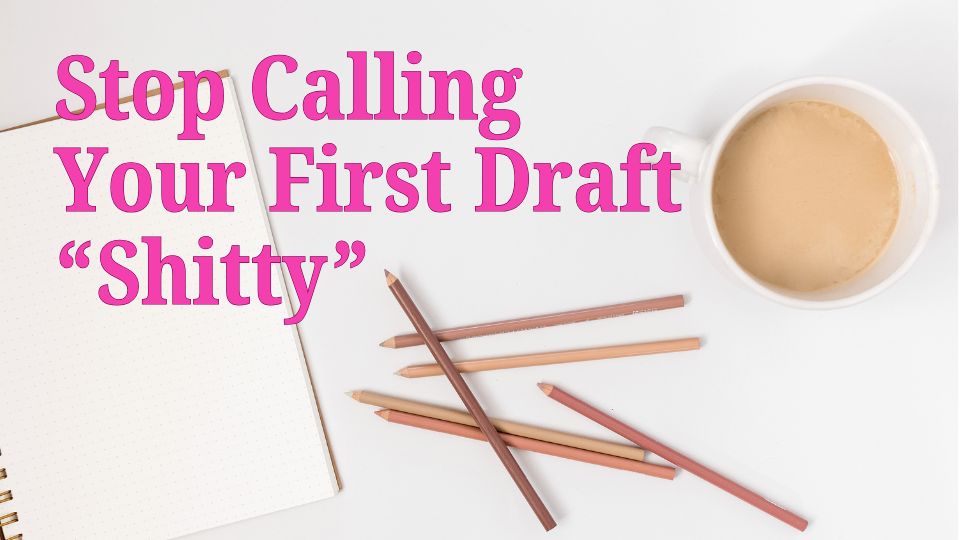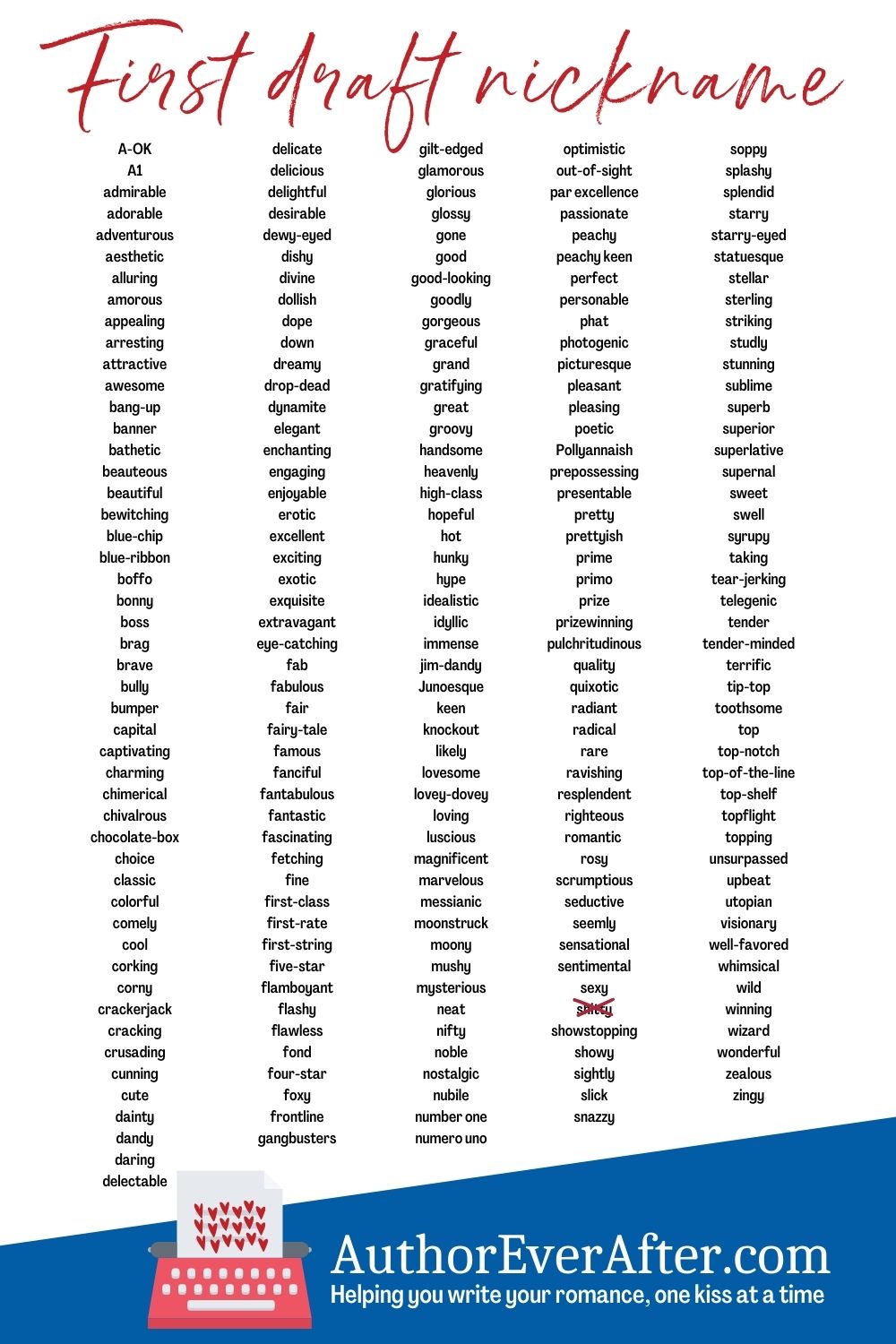Gain clarity and focus on your personal HEA. Overwhelm isn’t about lack of motivation, but often a lack of clarity. Prioritize your writing projects and find your writer’s true calling.

How to set an achievable writing priority
We’re going to start by gaining some focus on what your own personal, happily ever story is right now. Today. In this moment.
This post is specifically for those among us who have more than one hero and heroine’s story (or any number and combination of genders in one story) bouncing around inside your head. Or in files on your computer, or folders and papers with ideas for lots of different stories.
This is something that many writers face at some point: so many ideas that you just don’t know where to start, where to focus, which book baby to give your love to.
So you stroke this one on Monday and another one on Wednesday and third gorgeous story on Thursday…
And that can be crazy-making!
Confusion is not a lack of motivation or time
People who study the habits of successful people have determined that when we, as creators, don’t have clarity, we stumble and often start to believe that what we’re missing is motivation. And we start to believe we just don’t have enough time, so we become overwhelmed and in that state… nothing. Happens.
I suspect you are highly motivated to finish your romance novel. But the fact that you haven’t yet means that something is getting in the way. There’s a chance that that something is lack of clarity or overwhelm. So that’s what today’s post is about!
I suffer from this myself. And although I’ve gotten better at managing different projects I still find myself pulled around. What saves my bacon are deadlines since most of my writing has to be delivered to someone by a certain date. And, with the writing I do for myself, I’ve created an accountability team to help keep me focused where I need to be focused on any given day or week.
So, today’s challenge is designed to help you see all of the writing projects you have at any and every stage of creation and then to decide which one will get your attention until it reaches a stage of development that it either needs to put aside (to get distance from) or is sitting with critique partners or beta readers (because you can’t be fiddling with it while other people are reviewing it to give you feedback).
Have too many lovers filling your wee head? Try this exercise.
1. Start by writing down all of the heroes, all the stories, all the writing projects or writing-related activities that are flirting with you. Let’s say in the last month or so.
2. Once you’ve got all of your writing projects listed, label them from A to Z.
3. Now do a little grounding exercise—whatever works for you. If you don’t know what to do, try taking three long, deep breaths, holding for a few seconds, and releasing reallllllly slowly. That works wonders for me.
3. Think about Idea A and Idea B. Between those two writing projects, which one are you most drawn to work on right now? Put a check mark beside that idea.
4. Take a breath to reground yourself, and now consider Idea A and Idea C. Between those two writing projects, which one are you most drawn to work on right now? Put a check mark beside for that Idea.
5. Do this until you’ve compared each of the possible writing idea pairings.
6. The last part of the exercise is to add up the check marks and see if the most checked writing project really is the one the calling to you. Let your gut tell you the truth on this one! If you’re disappointed or find yourself looking lovingly at a story idea that didn’t have the most check marks… go to bed with the two stories and see who you’re thinking about when you wake up.
Once you commit to a couple (or harem), make a conscious decision to move them toward their happily ever after. That will help you find your own happy place, too!
